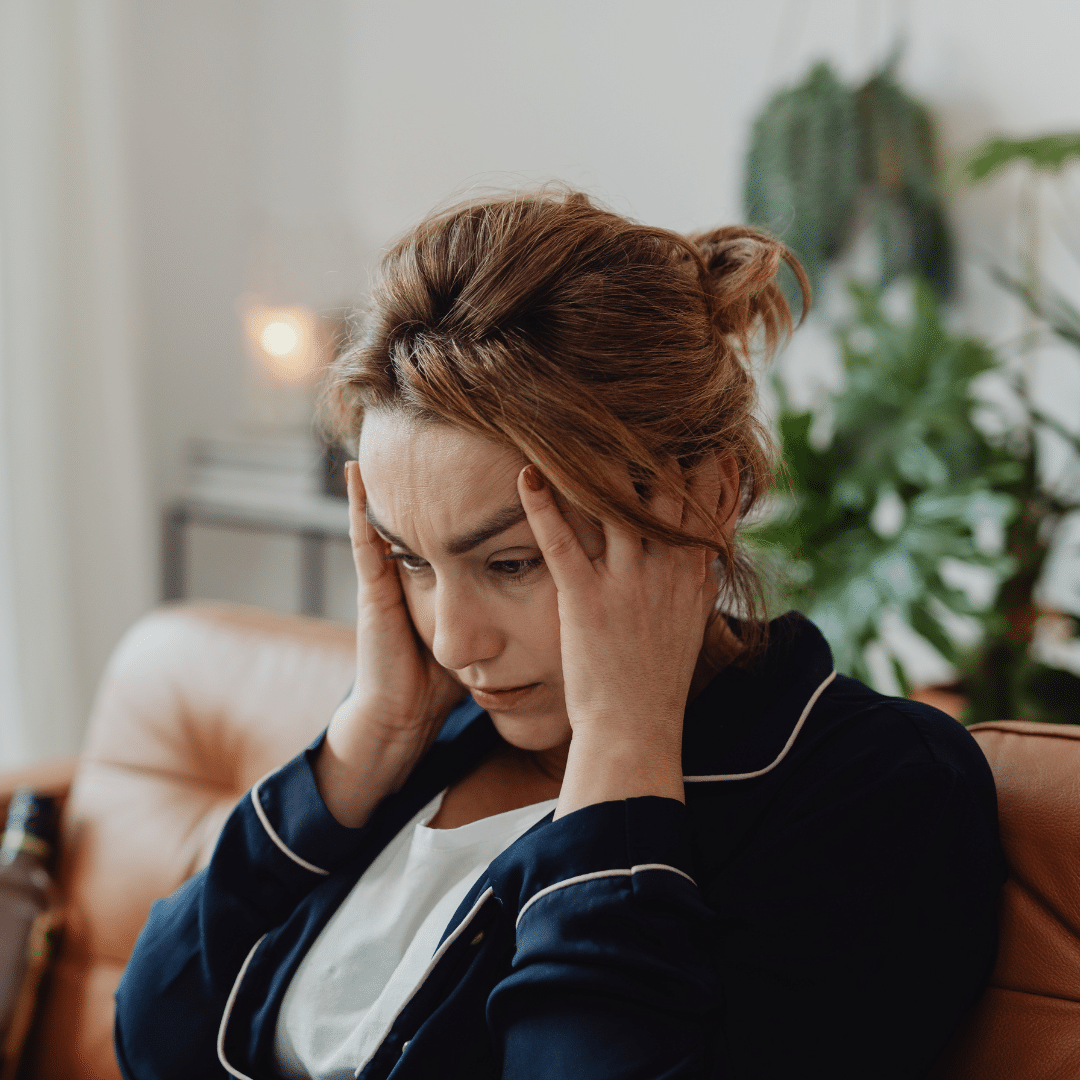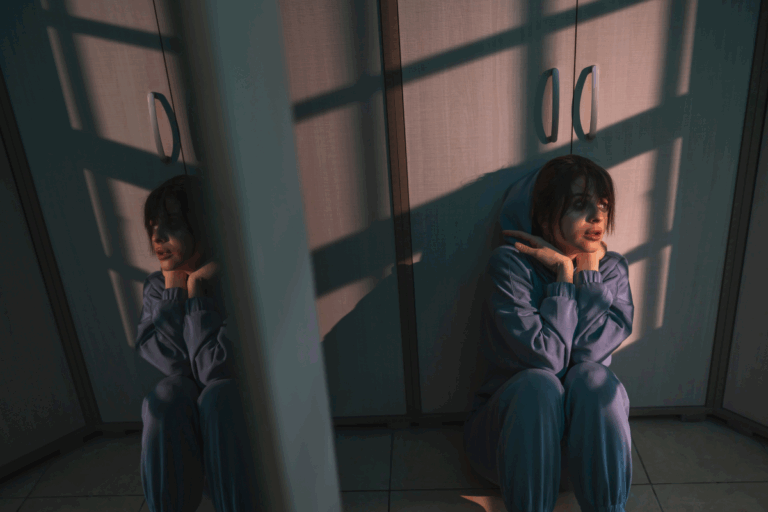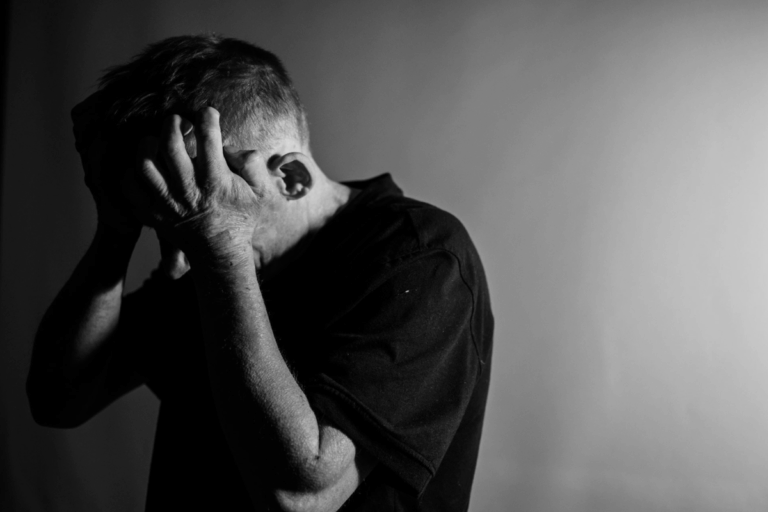Generalized Anxiety Disorder and Its Relationship with Depression
Maddison Henley PA-C

Experiencing chronic anxiety is often a day-to-day reality for those with Generalized Anxiety Disorder (GAD), but not everyone recognizes the strong link it shares with depression. Though distinct as mental health issues, the overlapping symptoms between GAD and depression can complicate matters for those affected.
The Interplay Between GAD and Depression
It’s relatively common for the persistent worries of GAD to overlap with feelings of deep sadness or a diminishing interest in once-enjoyed activities—classic indicators of depression. This occurrence is termed comorbidity, which refers to the simultaneous presence of two chronic diseases or conditions in a patient.
The constant sense of uncertainty and apprehension characteristic of GAD can erode a person’s sense of hope, potentially cultivating a depressive state. Sleep disturbances, changes in appetite, and challenges with concentration that often accompany GAD are also contributing factors in the emergence of depression.

The Impact of Persistent Stress on Mood

Dealing with constant stress, especially when it’s related to anxiety disorders such as Generalized Anxiety Disorder (GAD), can really take a toll on one’s mood and mental well-being. Those who face this kind of stress often experience a lot of fatigue and irritability. Over time, these feelings can grow into something more serious. This happens because being under stress for a long time affects the balance of hormones in our body, like cortisol, which is crucial for managing how we feel and our emotional responses.
People with GAD often find themselves avoiding situations that make their anxiety worse. While this might seem like a good strategy at first, it can lead to them pulling away from social interactions. This withdrawal can be a slippery slope, leading to feelings of loneliness and increasing the risk of developing depression. The connection between anxiety, stress, and depression is complex and shows why it’s so important to deal with stress early on.
Addressing Both GAD and Depression
When someone is dealing with both GAD and depression, it’s imperative to treat both disorders together. Depression can exacerbate GAD symptoms, leading to a vicious cycle that’s hard to break through without intervention.
Strategies to Manage GAD and Depression:
- Professional Support: Therapeutic approaches, such as Cognitive-behavioral therapy (CBT), have proved beneficial for both GAD and depression.
- Pharmacotherapy: Medications, particularly antidepressants like SSRIs and SNRIs that also target anxiety, may be recommended.
- Lifestyle Modifications: Regular exercise, consistent sleep patterns, and relaxation techniques are advised for better management of symptoms.
- Social Connection: Sustaining supportive relationships and actively seeking support from loved ones are key in mitigating isolation associated with these conditions.
If symptoms of GAD and depression are impacting your life or someone else’s, consulting with a healthcare professional is the first step towards getting the necessary help. Addressing these conditions proactively can guide individuals towards regaining control and improving their overall quality of life.
Responsibly edited by AI
Other Blog Posts in
Animo Sano Psychiatry is open for patients in North Carolina, Georgia and Tennessee. If you’d like to schedule an appointment, please contact us.
Get Access to Behavioral Health Care
Let’s take your first step towards. Press the button to get started. We’ll be back to you as soon as possible.ecovery, together.




